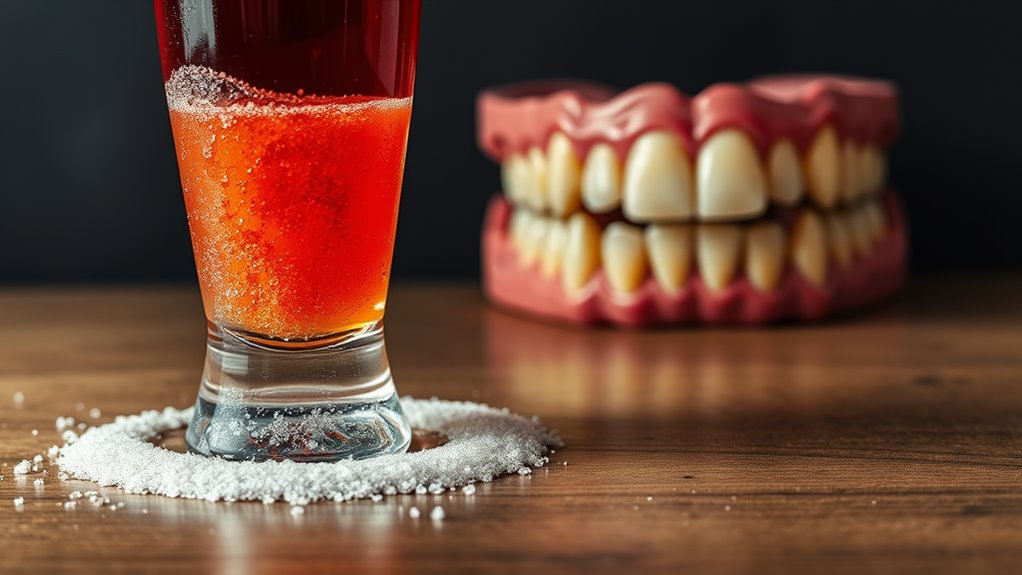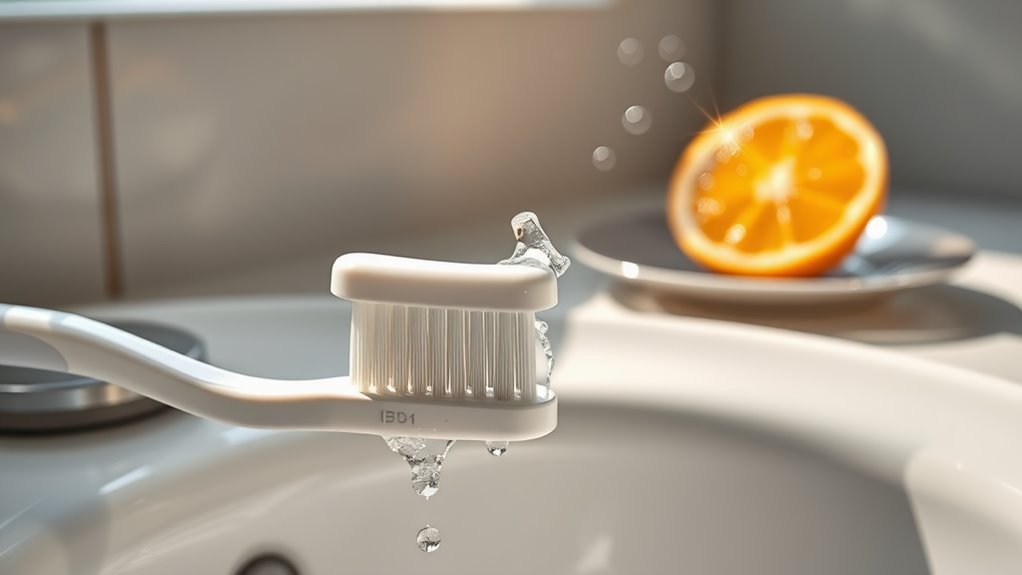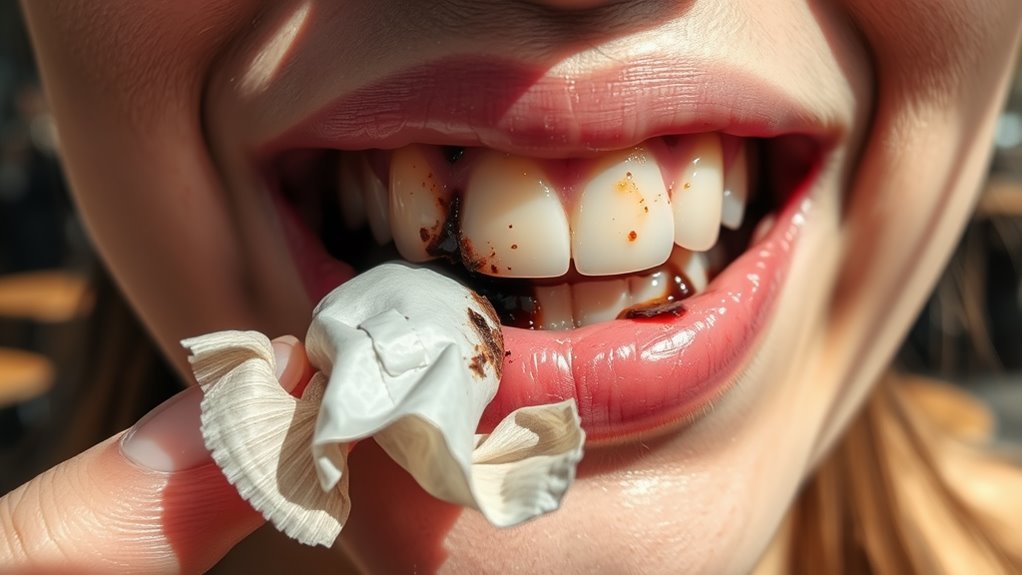The Best Natural Toothpaste Recipe for a Healthier Smile!
You’ve probably wondered if your regular toothpaste contains ingredients you can’t pronounce – and you’re right to be concerned. Many commercial brands pack their products with synthetic chemicals, artificial sweeteners, and harsh abrasives that can harm your teeth and gums over time. That’s why more people are turning to natural alternatives, and we’ve discovered a simple yet effective recipe that’ll transform your oral care routine.
Why Choose Natural Toothpaste for Your Oral Health
While commercial toothpaste brands dominate store shelves, natural alternatives offer compelling benefits for your oral health. When you switch to DIY natural toothpaste, you’ll gain complete control over the ingredients that clean your teeth and freshen your breath. You’ll eliminate exposure to artificial sweeteners, synthetic dyes, and harsh chemicals that may irritate sensitive gums.
Natural toothpaste ingredients like baking soda, coconut oil, and essential oils work effectively to remove plaque and fight bacteria without disrupting your mouth’s delicate pH balance. You’ll also avoid controversial ingredients such as triclosan and sodium lauryl sulfate, which some studies link to health concerns. Additionally, avoiding Triclosan in toothpaste can significantly reduce health risks associated with prolonged exposure.
Making your own toothpaste lets you customize the formula to address specific oral care needs, whether it’s sensitivity, whitening, or gum health. Plus, you’ll reduce plastic waste from commercial packaging while saving money on premium natural brands. It’s an innovative approach that aligns with both wellness and environmental consciousness.
Essential Ingredients for Your Homemade Toothpaste
Creating effective natural toothpaste starts with selecting the right core ingredients. You’ll need calcium carbonate powder as your base, which provides gentle abrasion to remove plaque and stains.
Coconut oil acts as your binding agent while offering antimicrobial properties that combat harmful bacteria.
Essential oils play a crucial role in your natural formula. Peppermint oil delivers that familiar fresh taste while tea tree oil adds antibacterial power. You can also incorporate cinnamon or clove oil for their antimicrobial benefits.
Baking soda helps neutralize acid and whiten teeth, while xylitol sweetens naturally while preventing cavity-causing bacteria from sticking to teeth.
Consider adding bentonite clay to remineralize tooth enamel and activated charcoal for deep cleaning. If you’re looking for extra whitening power, try adding food-grade hydrogen peroxide or turmeric powder.
Maintaining good oral hygiene is essential to prevent systemic health problems that can arise from poor dental care.
Remember to choose high-quality, food-grade ingredients to ensure your homemade toothpaste is both safe and effective.
Step-by-Step Natural Toothpaste Recipe
Three simple steps will help you mix the perfect batch of natural toothpaste at home.
First, combine 4 tablespoons of organic coconut oil with 2 tablespoons of baking soda in a small glass bowl, stirring until you’ve created a smooth paste. If the coconut oil’s too firm, warm it slightly.
Next, add 20 drops of peppermint essential oil and 1/2 teaspoon of stevia powder for freshness and taste. Mix thoroughly to ensure even distribution of the essential oil. You’ll want to avoid clumps that could affect the texture.
Finally, transfer your mixture into a small glass jar with an airtight lid. Store it in a cool, dry place away from direct sunlight.
Your natural toothpaste will stay fresh for up to three months. If you notice any changes in color, smell, or consistency before then, it’s time to make a new batch.
Tips for Using and Storing Your Natural Toothpaste
Once you’ve made your natural toothpaste, proper usage and storage will help maintain its quality and effectiveness.
Store your toothpaste in an airtight glass jar away from direct sunlight and heat. Keep it in a cool, dry place, and always use a clean, dry spoon to scoop out the desired amount to prevent contamination.
You’ll notice your natural toothpaste has a different texture than commercial varieties. Don’t worry if it’s grittier or less foamy – that’s normal.
Apply a small amount to your toothbrush and brush as usual. Since there aren’t any preservatives, plan to use your batch within 2-3 months.
If you notice any changes in color, texture, or smell, it’s time to make a fresh batch. Consider making smaller quantities more frequently rather than large batches.
For travel, transfer a small amount into a portable silicone container or small glass jar with a secure lid.
Benefits and Results You Can Expect
After consistent use of your homemade natural toothpaste, you’ll start noticing several positive changes in your oral health. Your teeth will feel cleaner and smoother throughout the day, while your breath stays naturally fresh without artificial mint flavoring.
The antibacterial properties of coconut oil and baking soda work together to reduce plaque buildup and fight harmful bacteria.
You’ll likely experience less tooth sensitivity as the minerals in the natural ingredients help strengthen your enamel. The absence of harsh chemicals means you won’t have to worry about gum irritation or enamel erosion commonly associated with commercial toothpaste.
Many users report whiter teeth within weeks, thanks to the gentle yet effective cleaning power of baking soda.
Best of all, you’ll gain peace of mind knowing exactly what’s going into your oral care routine, avoiding synthetic preservatives, artificial sweeteners, and potentially harmful additives found in conventional toothpaste. Additionally, using natural ingredients can help you steer clear of common toothpaste ingredients that harm your teeth, ensuring a healthier smile.




